If you’ve ever experienced the frustration of a clogged kitchen sink drain, you know how it can throw a wrench in your daily routine. Standing water and slow draining sinks can put a halt to meal prep, dishwashing, and other kitchen tasks. But fear not, unclogging a kitchen sink drain is not as daunting as it may seem. With a few simple tools and techniques, you can have your sink back to its normal, fully functioning state in no time. Read on to learn how to tackle a kitchen sink drain clog and get your sink back to its sparkling clean self.Unclog a Kitchen Sink Drain
Before you grab the plunger or any other tools, it’s important to assess the severity of the clog. Is the water completely blocked, or is it just draining slowly? This will help determine the best course of action. If the water is completely blocked, you may need to manually remove the clog. Start by removing any standing water from the sink using a cup or bucket. Then, try using a plumbing snake or a bent wire hanger to reach into the drain and pull out any visible debris. If the water is just draining slowly, you may be able to dislodge the clog using a plunger or a chemical drain cleaner. Read on to learn more about these methods.How to Clear a Clogged Kitchen Sink Drain
For a quick and easy fix, try using a plunger to clear a clogged kitchen sink drain. Make sure the plunger is submerged in water and create a tight seal around the drain. Then, push and pull the plunger vigorously to create suction and dislodge the clog. If the plunger doesn’t do the trick, you may need to turn to a chemical drain cleaner. These cleaners use powerful chemicals to dissolve and break up the clog. However, be cautious when using these products as they can be harmful to your skin and eyes. Always follow the instructions carefully and wear protective gear.Kitchen Sink Drain Clog Remedy
If you prefer to use natural or homemade solutions, there are a few DIY methods you can try to clear a clogged kitchen sink drain. One popular method is using a mixture of baking soda and vinegar. Pour a cup of baking soda down the drain, followed by a cup of vinegar. Let it sit for 15 minutes, then flush it with hot water. You can also try a combination of salt and boiling water. Pour half a cup of salt down the drain, followed by a pot of boiling water. This can help break up the clog and clear the drain.DIY Kitchen Sink Clog Solutions
The best way to deal with a clogged kitchen sink drain is to prevent it from happening in the first place. Be mindful of what you put down your sink and avoid pouring grease, oils, and coffee grounds down the drain. Use a drain strainer to catch food particles and clean it regularly. Regularly running hot water down the drain can also help prevent clogs by melting any build-up of grease and oils.Preventing Kitchen Sink Clogs
If you’re dealing with a stubborn clog, a plunger may not be enough to do the job. In this case, you may need to try snaking the drain. A plumbing snake is a long, flexible tool that can reach deep into the pipes to break up and remove clogs. If you don’t have a plumbing snake on hand, you can try using a bent wire hanger. Straighten out the hanger and create a small hook at one end. Insert it into the drain and use it to grab onto and pull out any debris.Using a Plunger to Clear a Kitchen Sink Clog
Chemical drain cleaners can be an effective solution for stubborn kitchen sink clogs. However, they should be used as a last resort and with caution. These products contain harsh chemicals that can be harmful to your skin and eyes if not used properly. It’s important to carefully read and follow the instructions and warnings on the product’s label. If the clog persists after using a chemical drain cleaner, it’s best to call a professional plumber for assistance.Chemical Drain Cleaners for Kitchen Sink Clogs
If you’re dealing with a persistent clog that just won’t budge, it may be time to call in the professionals. A plumber will have the tools and expertise to properly snake the drain and remove the clog without causing any damage to the pipes. They can also help identify any underlying issues that may be causing the clogs, such as tree roots or a damaged pipe.Snaking a Kitchen Sink Drain to Remove Clogs
There are a few common culprits when it comes to kitchen sink clogs. Food particles, grease, and oils are the most common causes, but other items like coffee grounds, eggshells, and produce stickers can also cause blockages. Another common cause of kitchen sink clogs is garbage disposal misuse. It’s important to only put food scraps that are safe for the disposal down the drain and to run plenty of water while the disposal is in use.Common Causes of Kitchen Sink Clogs
If you’re dealing with frequent or persistent kitchen sink clogs, it may be a sign of a larger plumbing issue. In this case, it’s best to call a professional plumber to assess the situation. A plumber can help identify and repair any damaged pipes, as well as provide preventative maintenance to keep your kitchen sink drain running smoothly. Don’t let a clogged kitchen sink drain disrupt your daily routine. With these tips and tricks, you can easily clear a clog and get your sink back to its normal function. Remember to be cautious when using chemicals or tools, and don’t hesitate to call a professional if the clog persists. With proper maintenance and care, you can prevent future clogs and keep your kitchen sink drain in tip-top shape.Professional Plumbing Services for Kitchen Sink Clogs
Kitchen Sink Sewer Pipe Clog: A Common and Costly Plumbing Problem
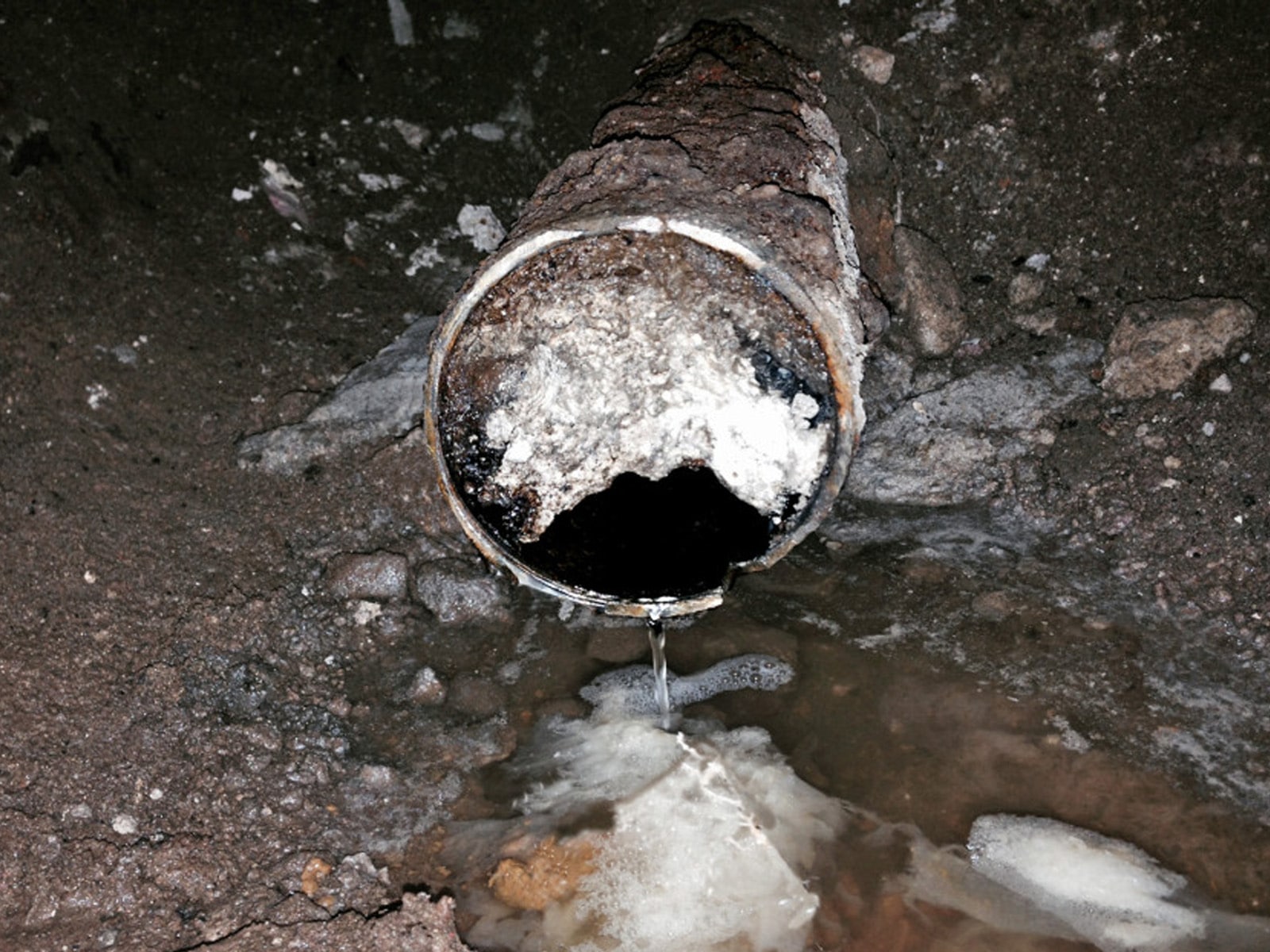
The Importance of a Well-Designed Kitchen
 The kitchen is often referred to as the heart of the home. It is where families gather to cook, eat and spend quality time together. A well-designed kitchen not only enhances the overall aesthetic of a house, but it also adds value to the property. However, a clogged sewer pipe in the kitchen sink can quickly turn this important room into a nightmare.
The kitchen is often referred to as the heart of the home. It is where families gather to cook, eat and spend quality time together. A well-designed kitchen not only enhances the overall aesthetic of a house, but it also adds value to the property. However, a clogged sewer pipe in the kitchen sink can quickly turn this important room into a nightmare.
The Culprit: Grease and Food Debris
 The most common cause of a kitchen sink sewer pipe clog is the buildup of grease and food debris. When cooking, oils and fats are often poured down the drain, which can solidify and stick to the walls of the pipe. Over time, this buildup can restrict the flow of water and eventually lead to a complete blockage.
The most common cause of a kitchen sink sewer pipe clog is the buildup of grease and food debris. When cooking, oils and fats are often poured down the drain, which can solidify and stick to the walls of the pipe. Over time, this buildup can restrict the flow of water and eventually lead to a complete blockage.
The Dangers of a Clogged Sewer Pipe
 Not only is a clogged sewer pipe in the kitchen sink a major inconvenience, but it can also pose health hazards. The stagnant water and food debris in the pipe can attract bacteria and insects, causing foul odors and potential contamination. In addition, if the clog is severe, it can cause water to back up into the sink, creating a breeding ground for mold and mildew.
Not only is a clogged sewer pipe in the kitchen sink a major inconvenience, but it can also pose health hazards. The stagnant water and food debris in the pipe can attract bacteria and insects, causing foul odors and potential contamination. In addition, if the clog is severe, it can cause water to back up into the sink, creating a breeding ground for mold and mildew.
Preventing and Treating a Kitchen Sink Sewer Pipe Clog
 Prevention is key when it comes to avoiding a clogged sewer pipe in the kitchen sink. Properly disposing of cooking oils and fats and regularly cleaning the drain can help prevent buildup. However, if a clog does occur, it is important to address it immediately to avoid further damage and potential costly repairs.
Professional plumbing services
can help with treating a clogged kitchen sink sewer pipe. They have specialized tools and techniques to effectively remove the clog and thoroughly clean the pipe. Additionally, they can provide tips on how to properly maintain the drain to prevent future clogs.
In conclusion, a
kitchen sink sewer pipe clog
is a common and costly plumbing problem that can be avoided with proper prevention and treatment. A well-designed kitchen is not only aesthetically pleasing but also functional. By taking care of the plumbing in the kitchen, homeowners can ensure that this important room remains a welcoming and enjoyable space for years to come.
Prevention is key when it comes to avoiding a clogged sewer pipe in the kitchen sink. Properly disposing of cooking oils and fats and regularly cleaning the drain can help prevent buildup. However, if a clog does occur, it is important to address it immediately to avoid further damage and potential costly repairs.
Professional plumbing services
can help with treating a clogged kitchen sink sewer pipe. They have specialized tools and techniques to effectively remove the clog and thoroughly clean the pipe. Additionally, they can provide tips on how to properly maintain the drain to prevent future clogs.
In conclusion, a
kitchen sink sewer pipe clog
is a common and costly plumbing problem that can be avoided with proper prevention and treatment. A well-designed kitchen is not only aesthetically pleasing but also functional. By taking care of the plumbing in the kitchen, homeowners can ensure that this important room remains a welcoming and enjoyable space for years to come.




:max_bytes(150000):strip_icc()/freshen-and-unclog-drain-with-baking-soda-1900466-22-bbf940b70afa4d5abef0c54da23b1d3f.jpg)









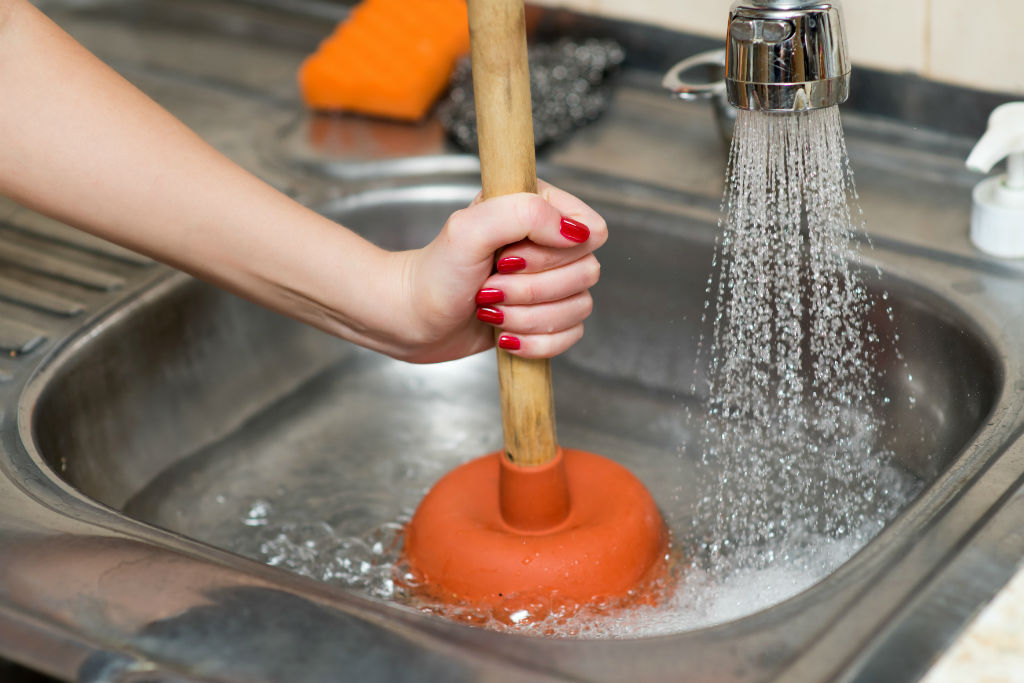









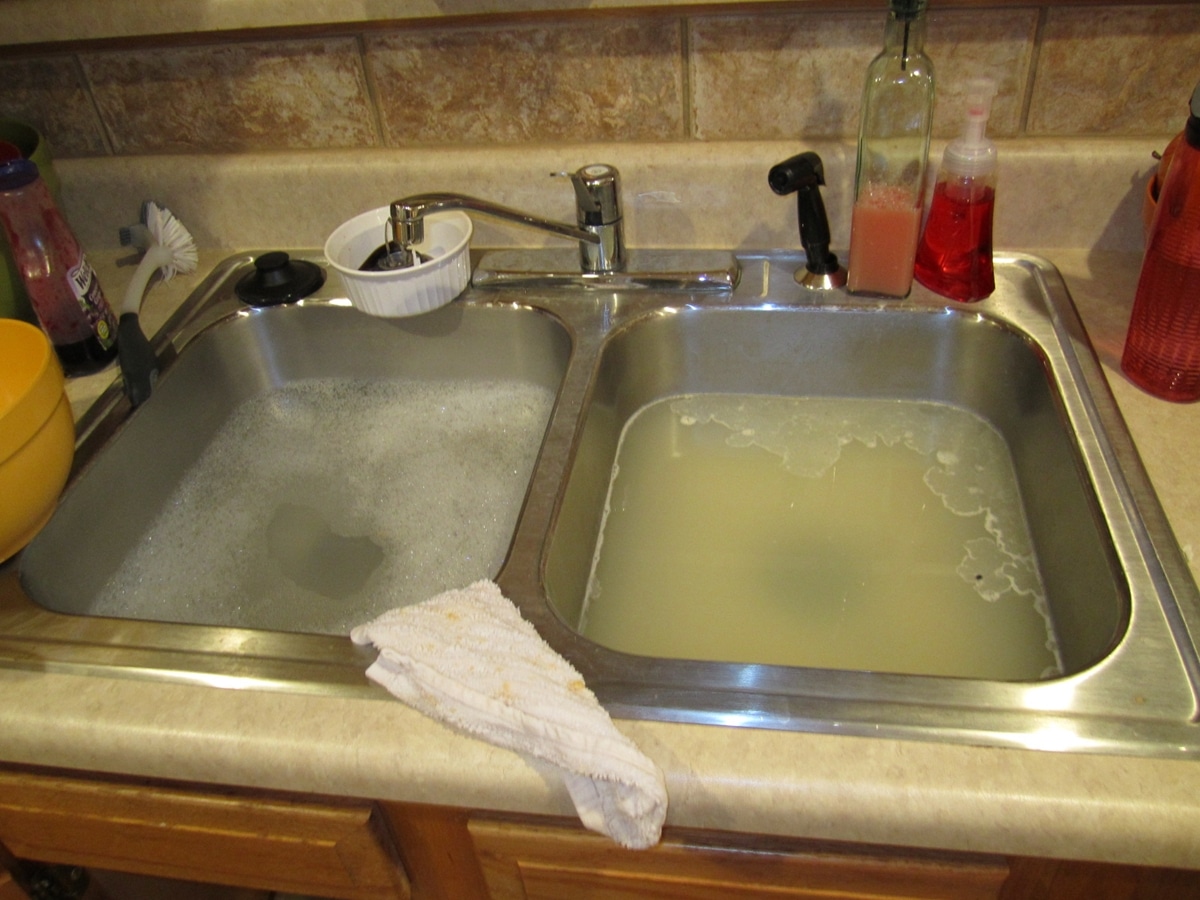




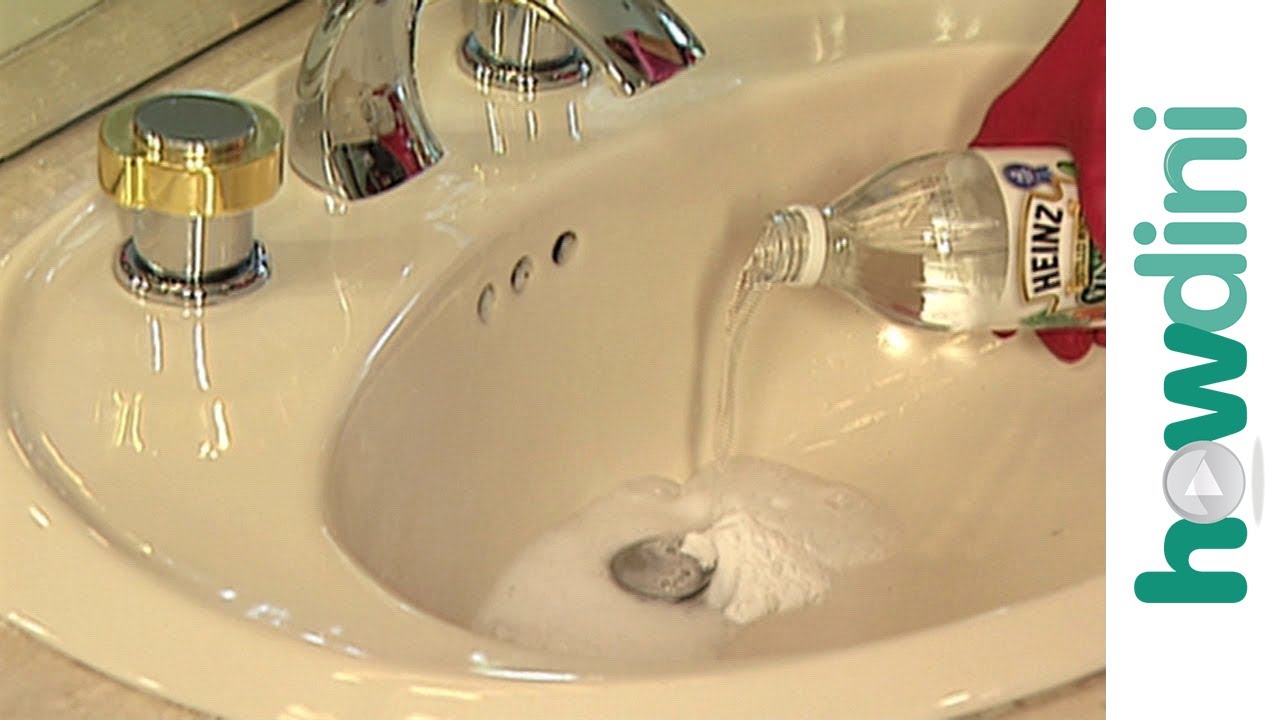



















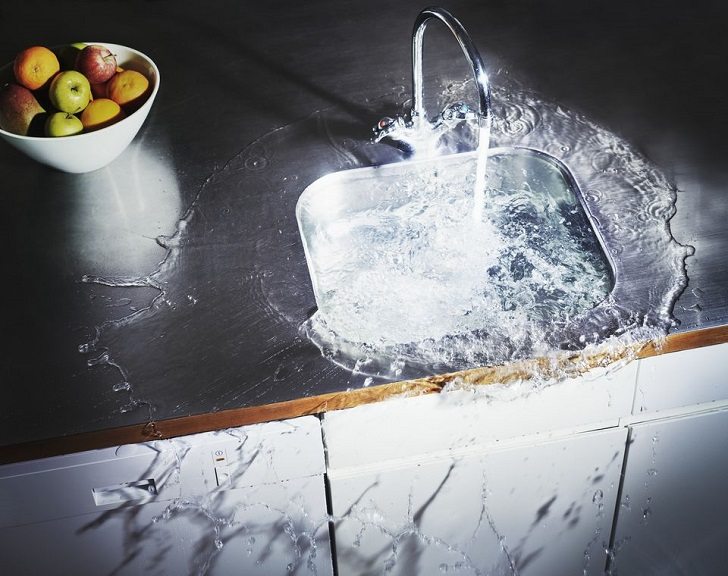
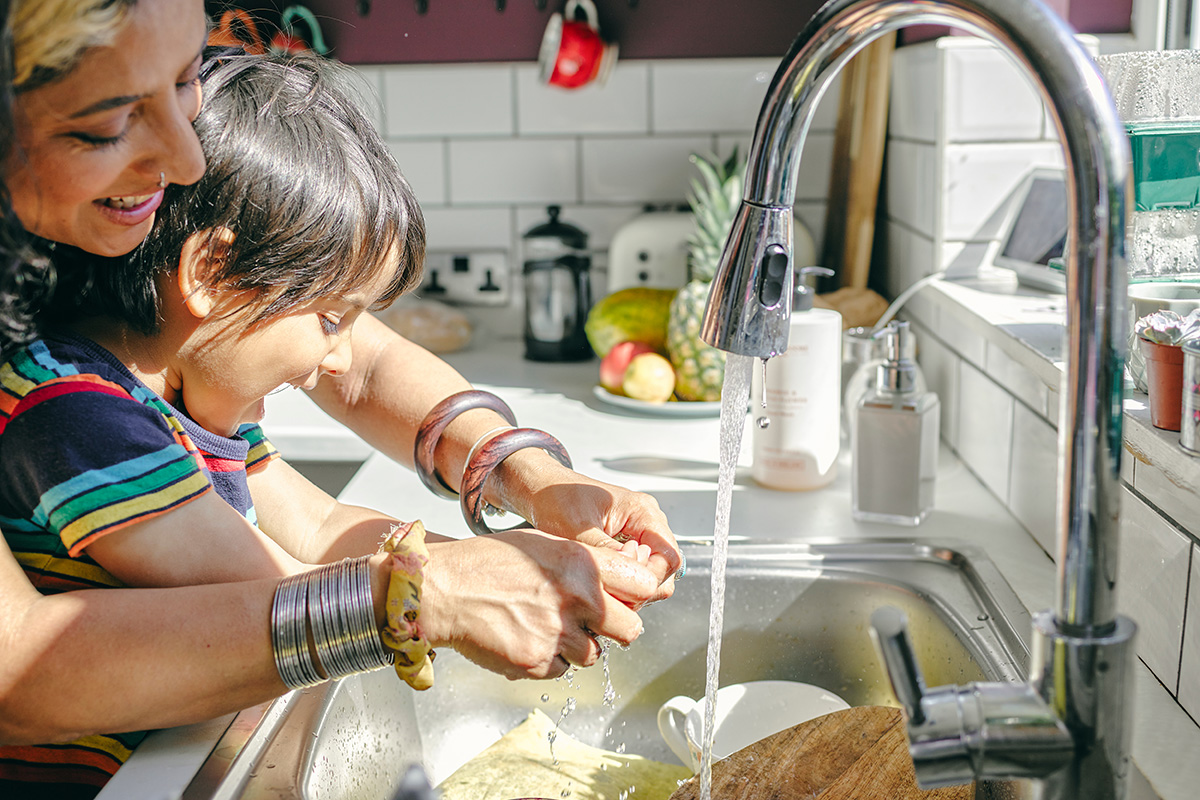

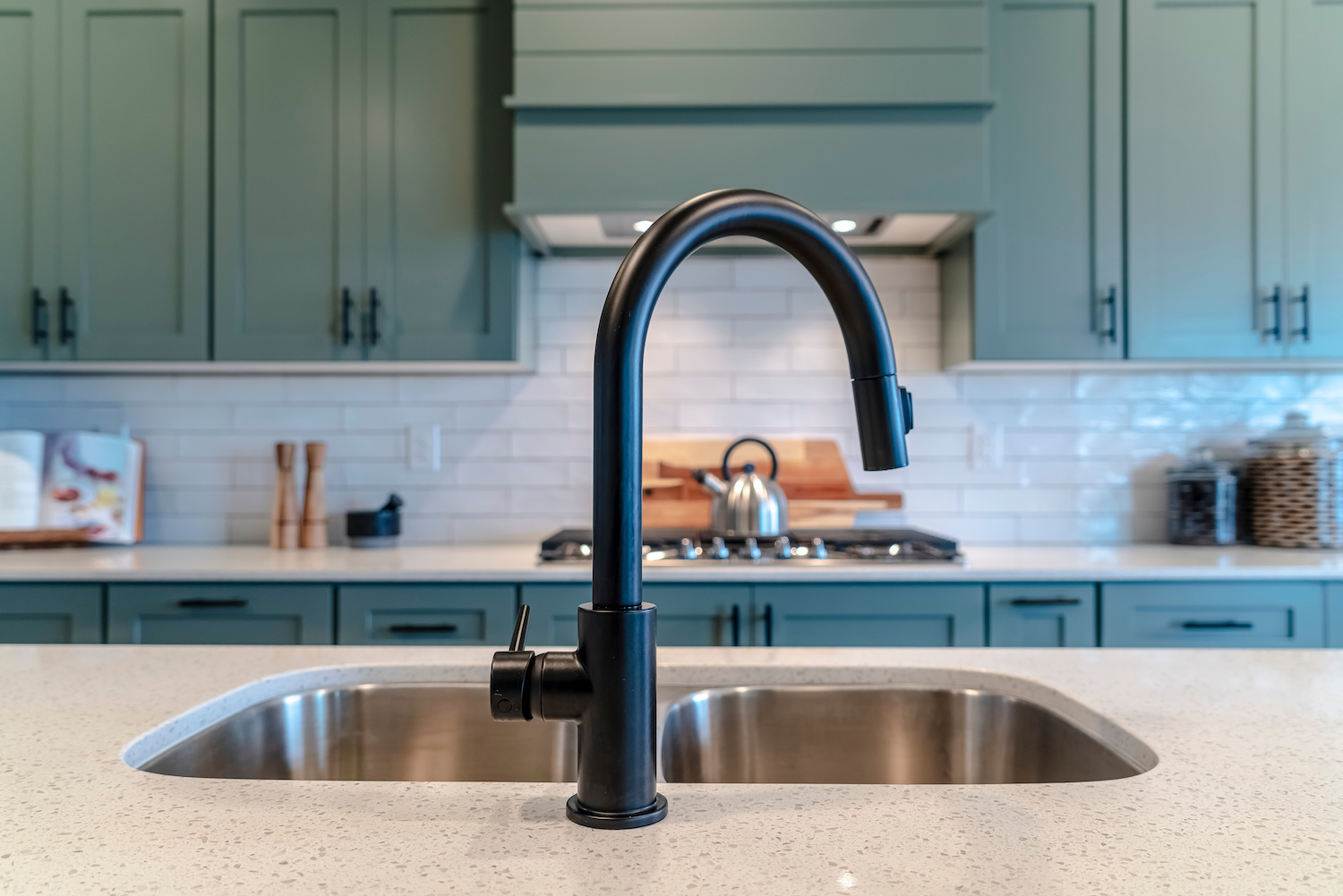



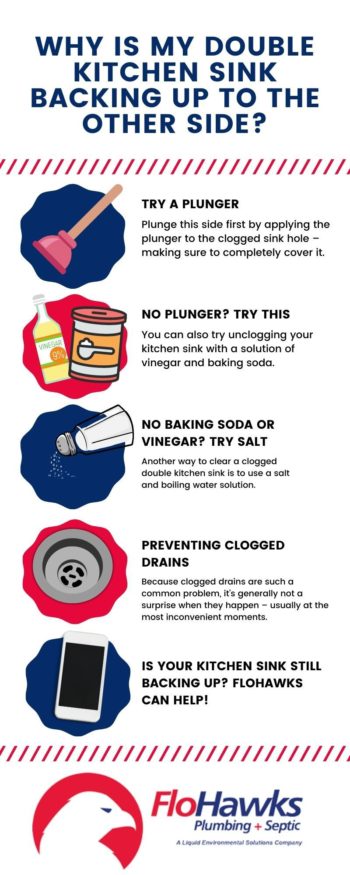
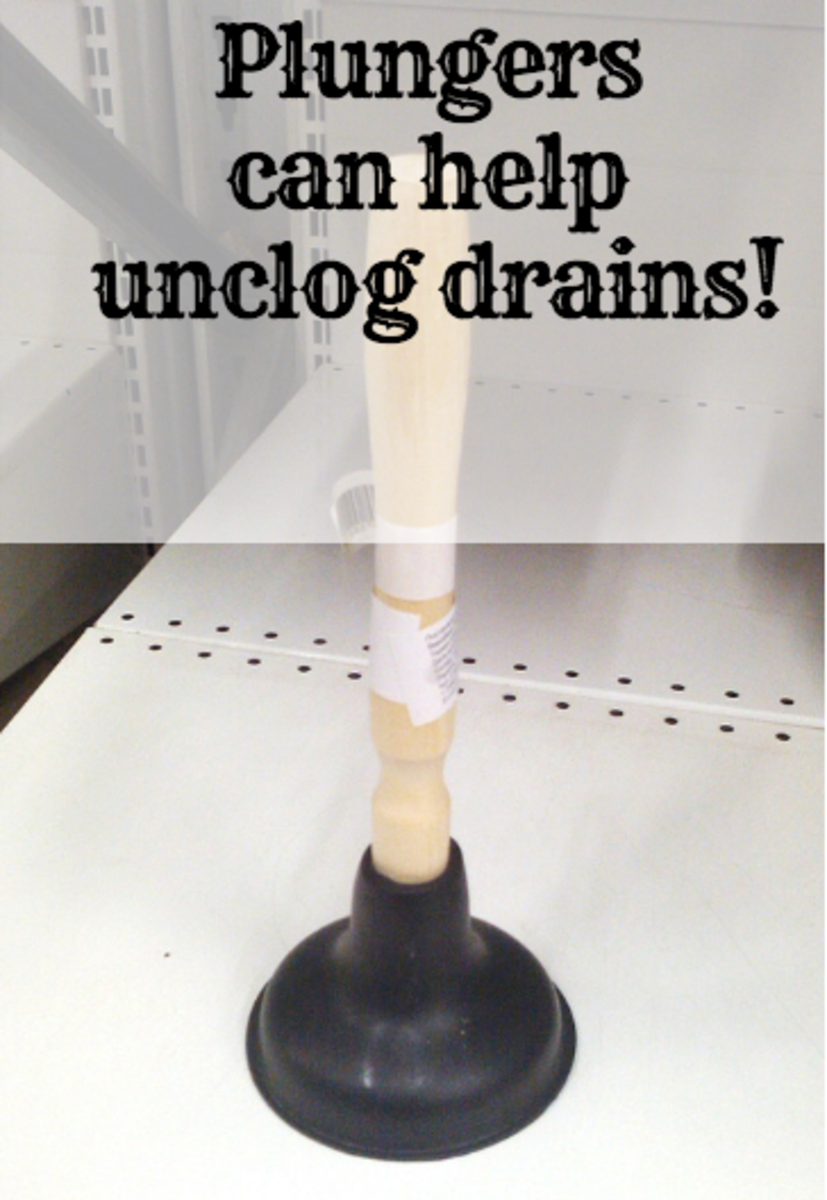
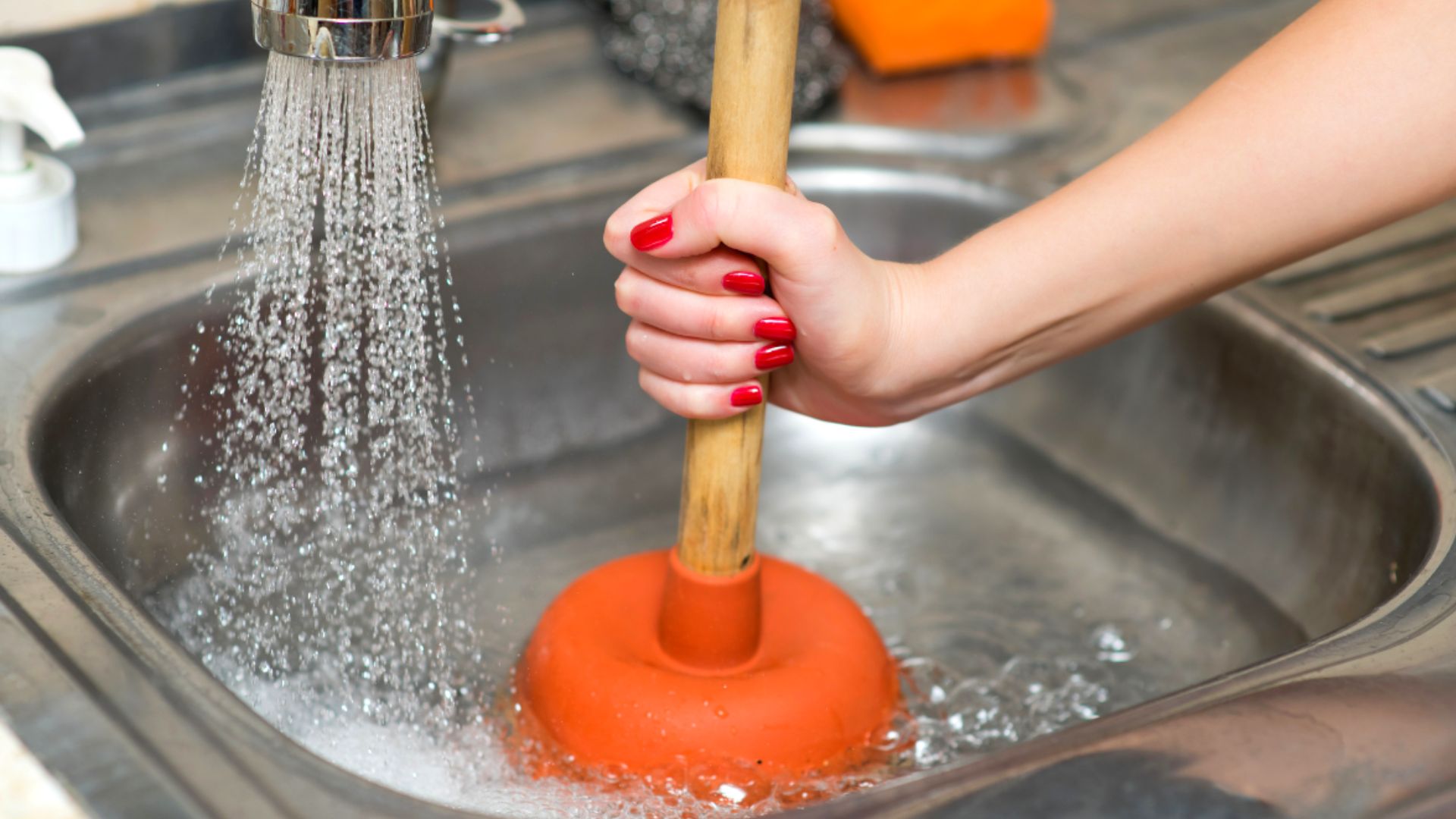
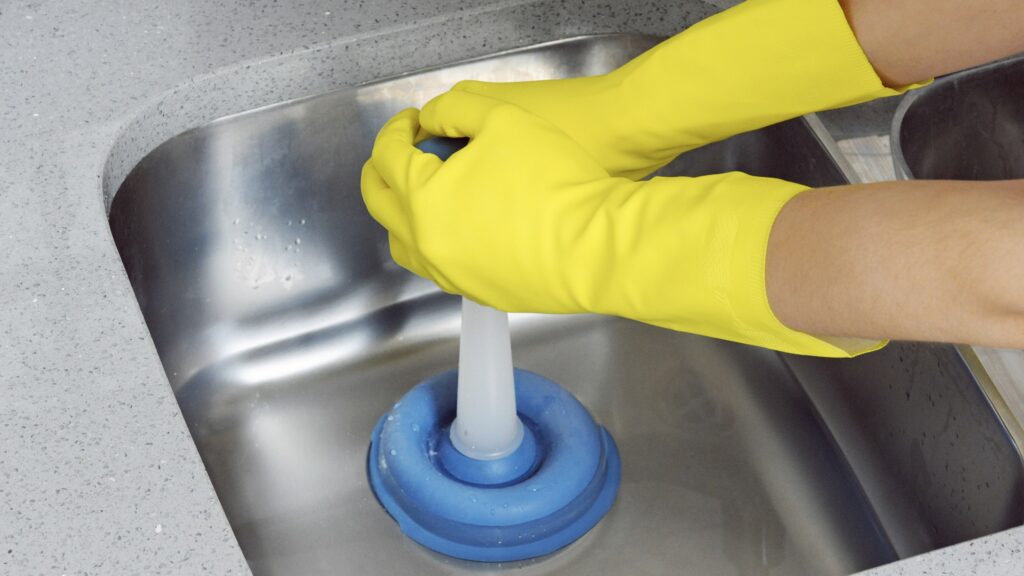
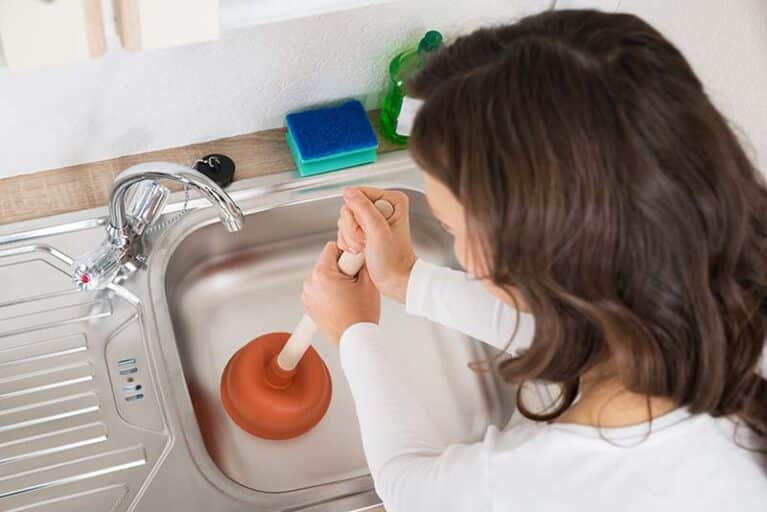








.jpg)



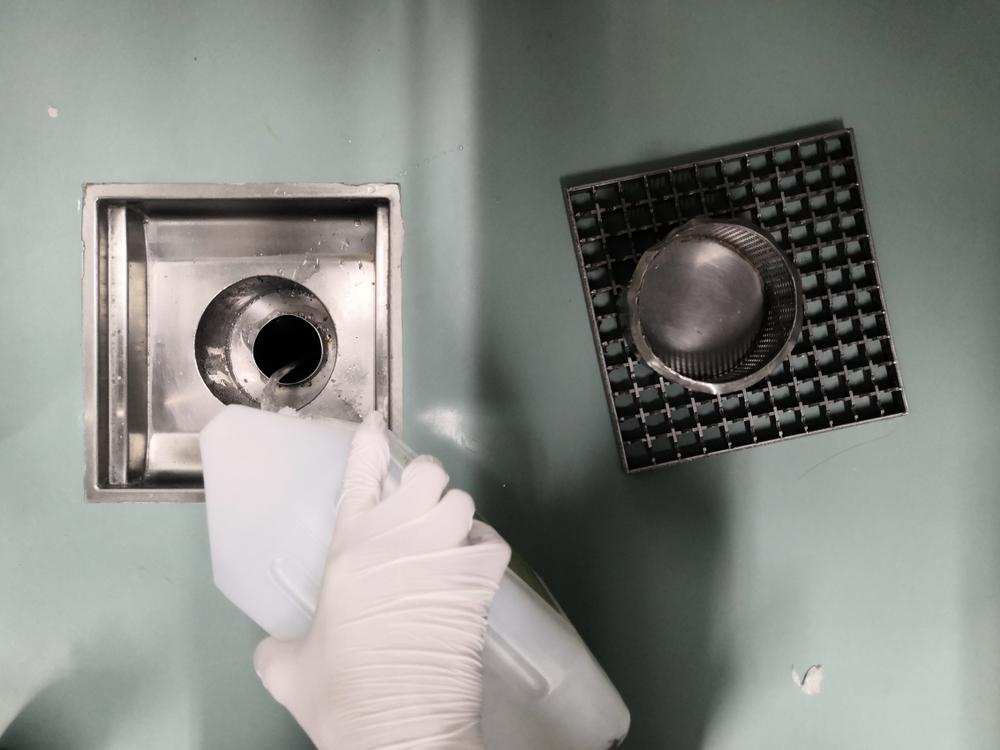
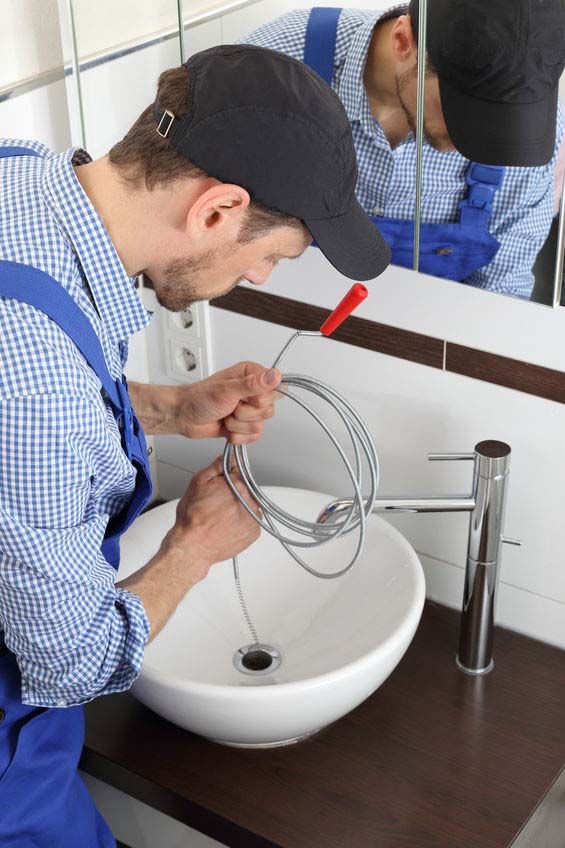

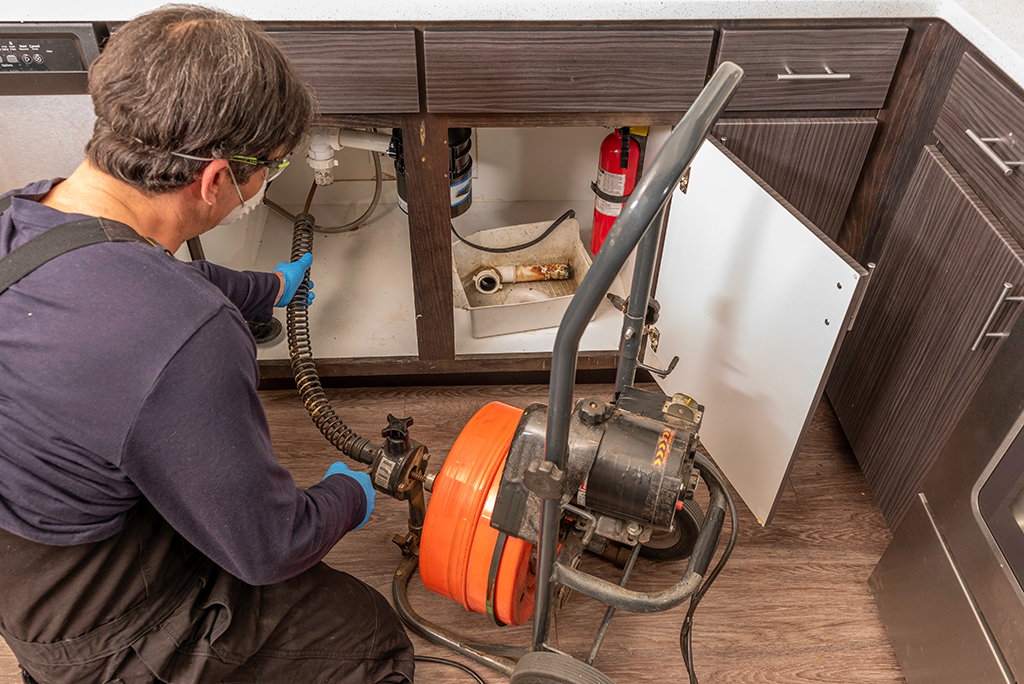

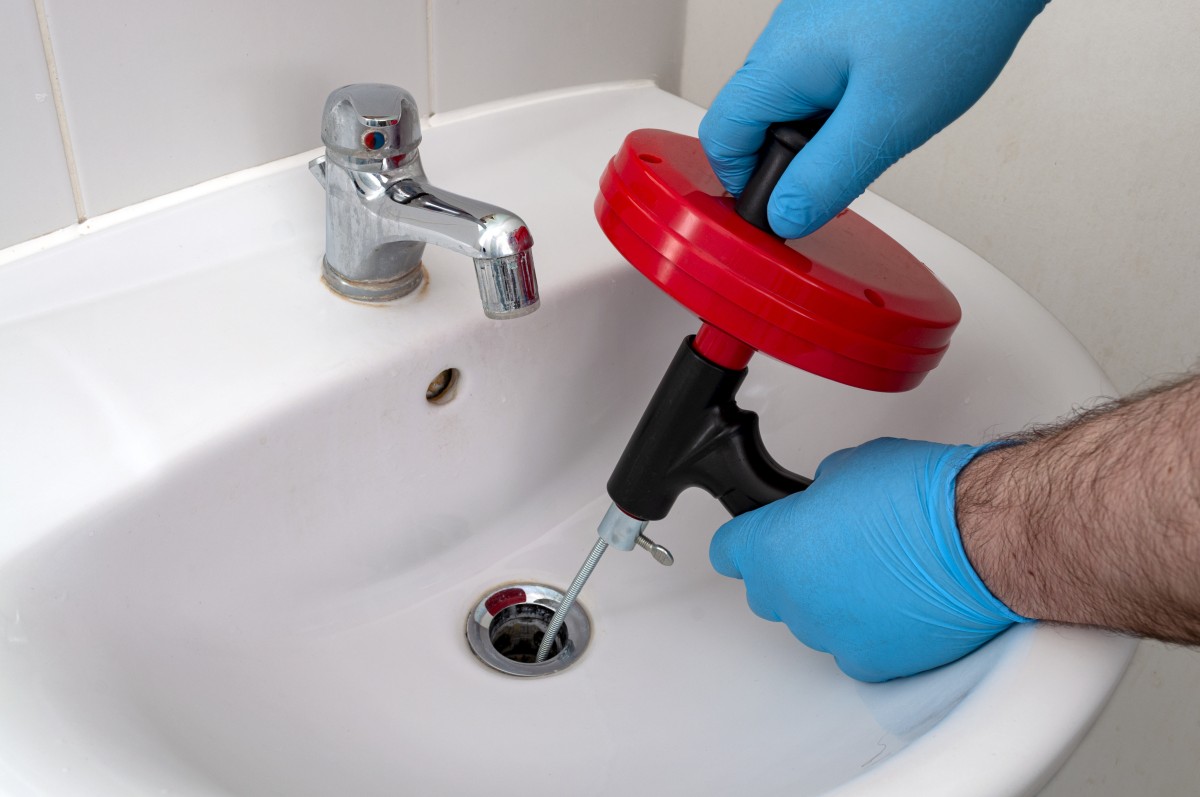

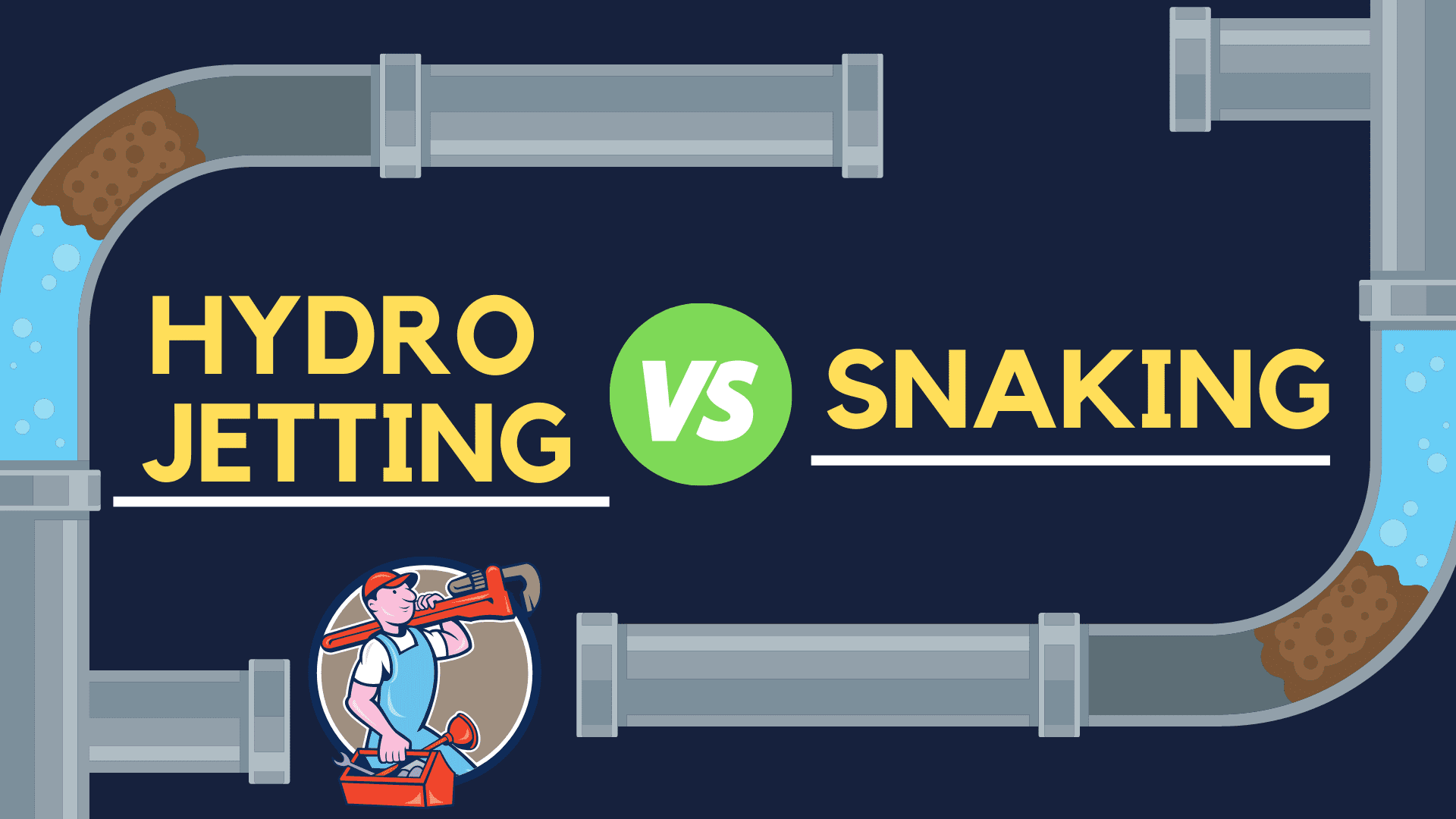

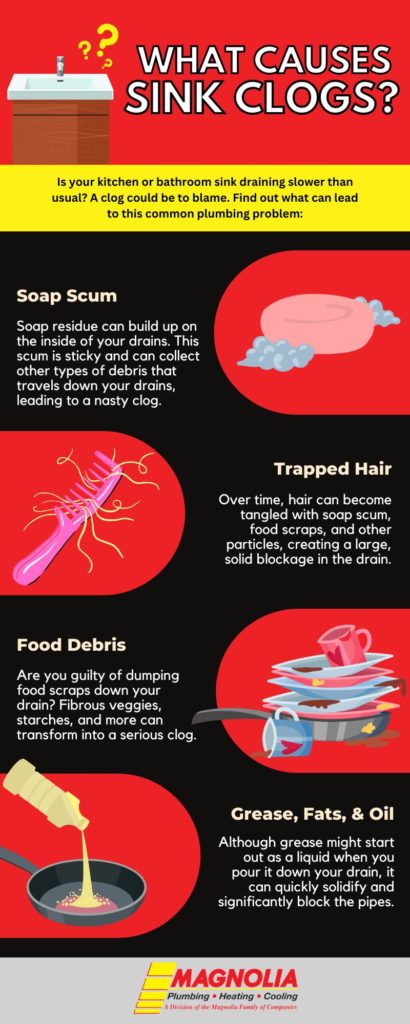



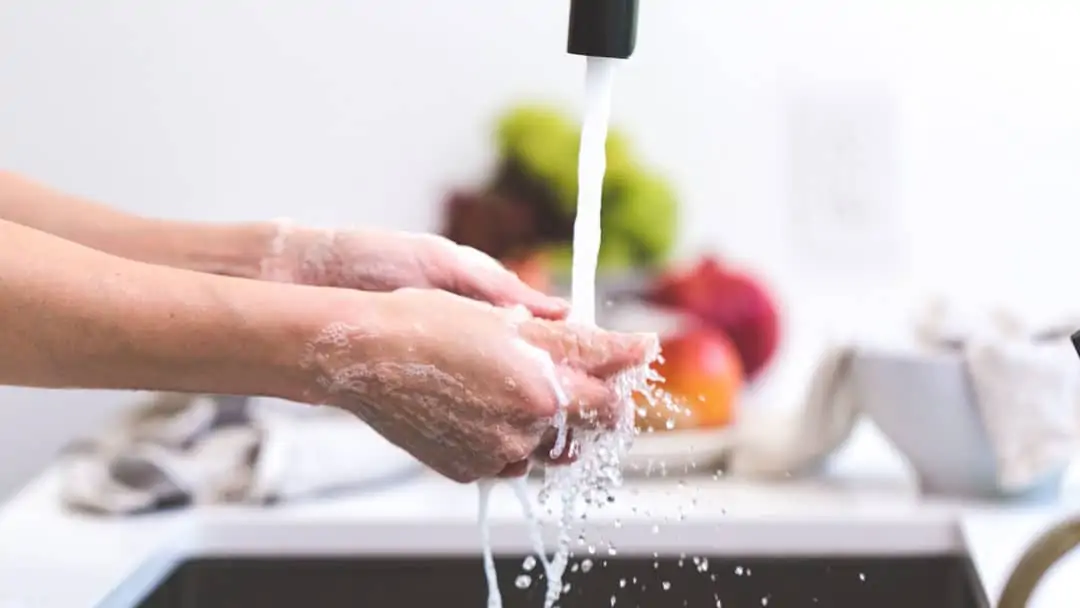

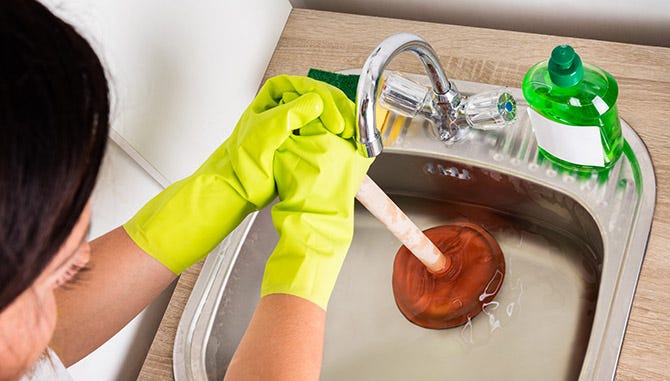



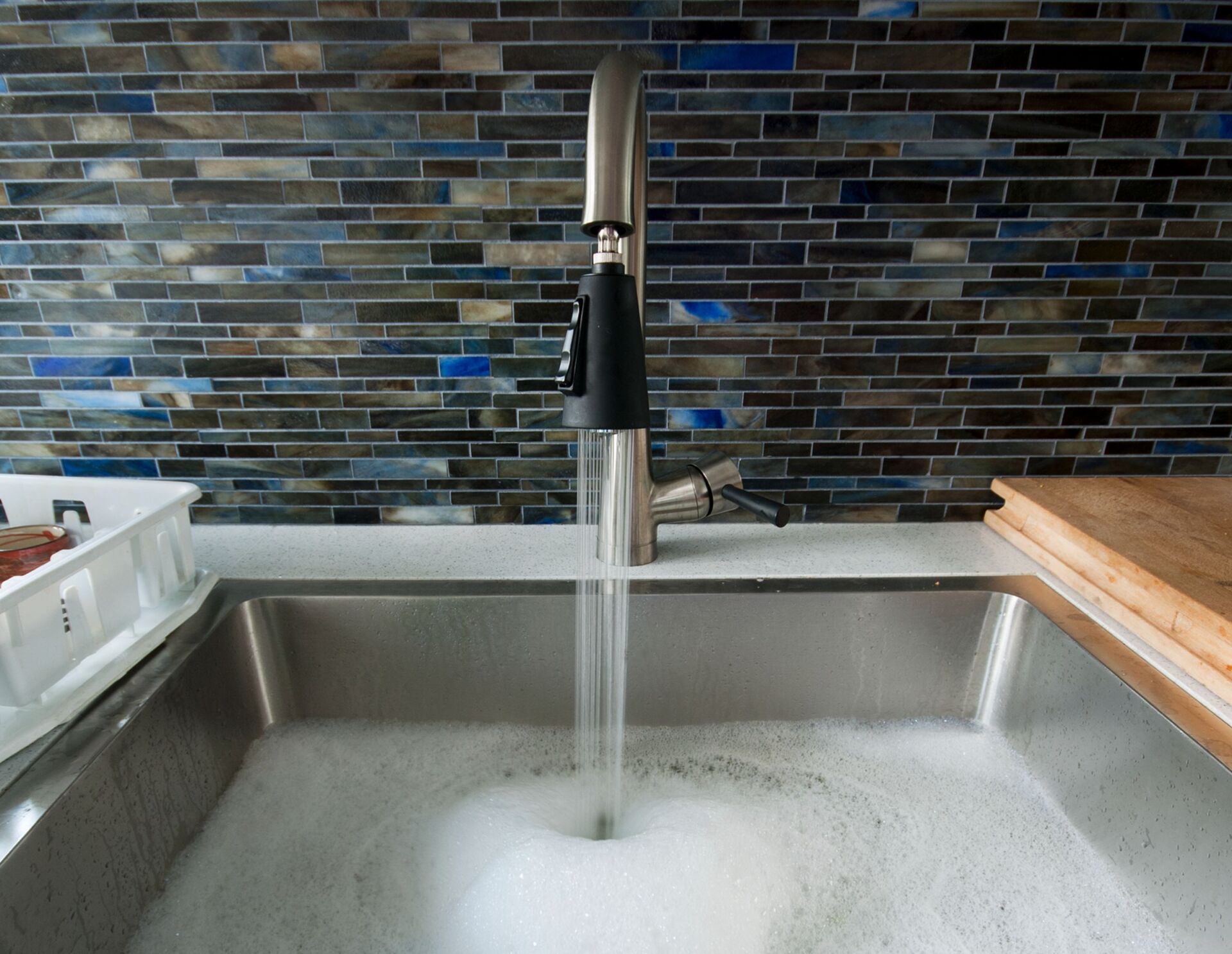
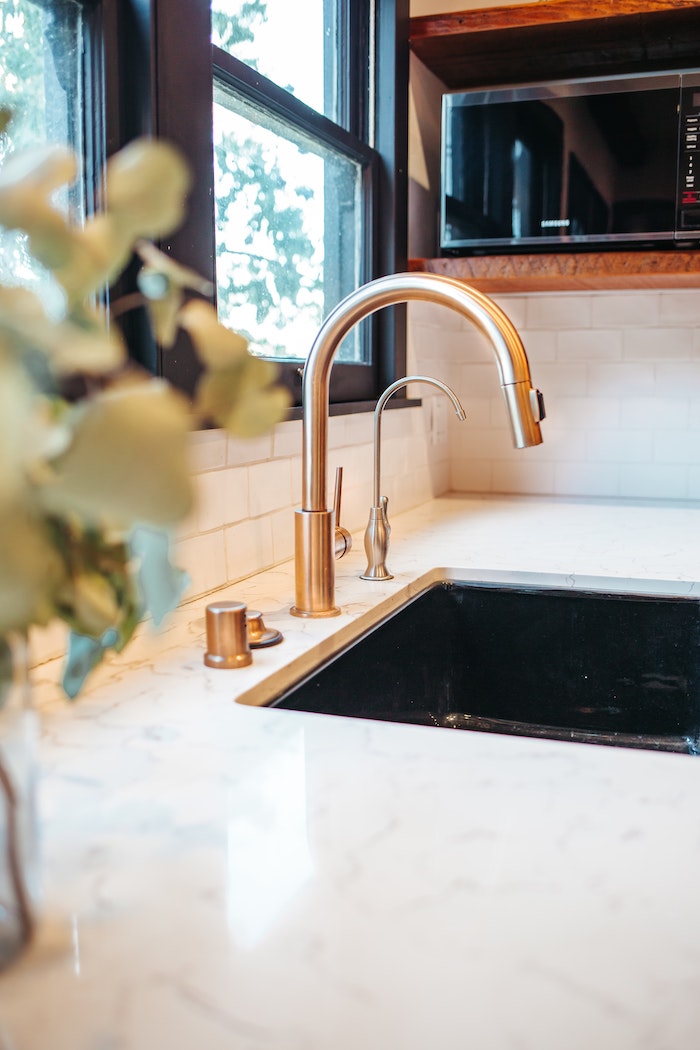


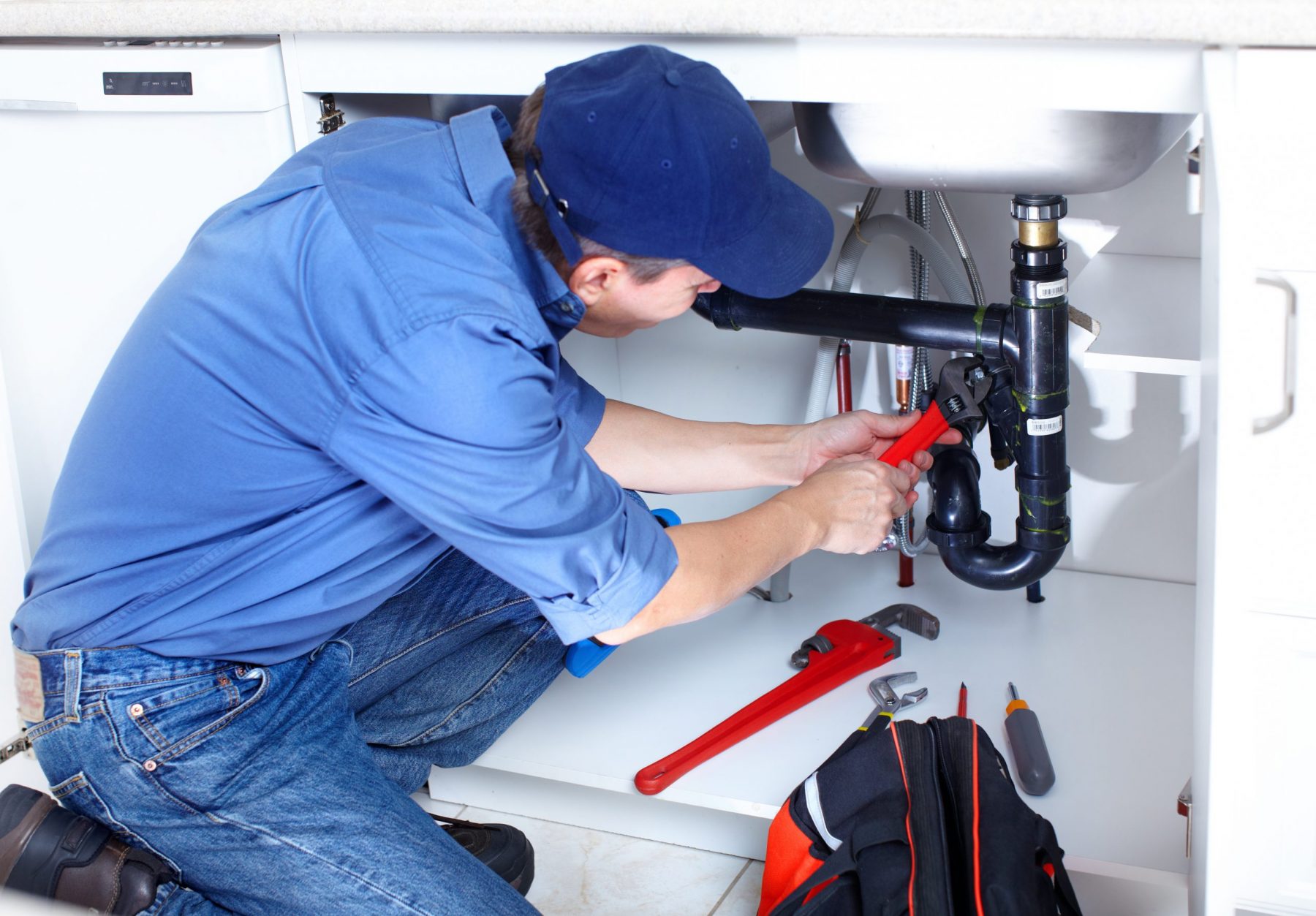


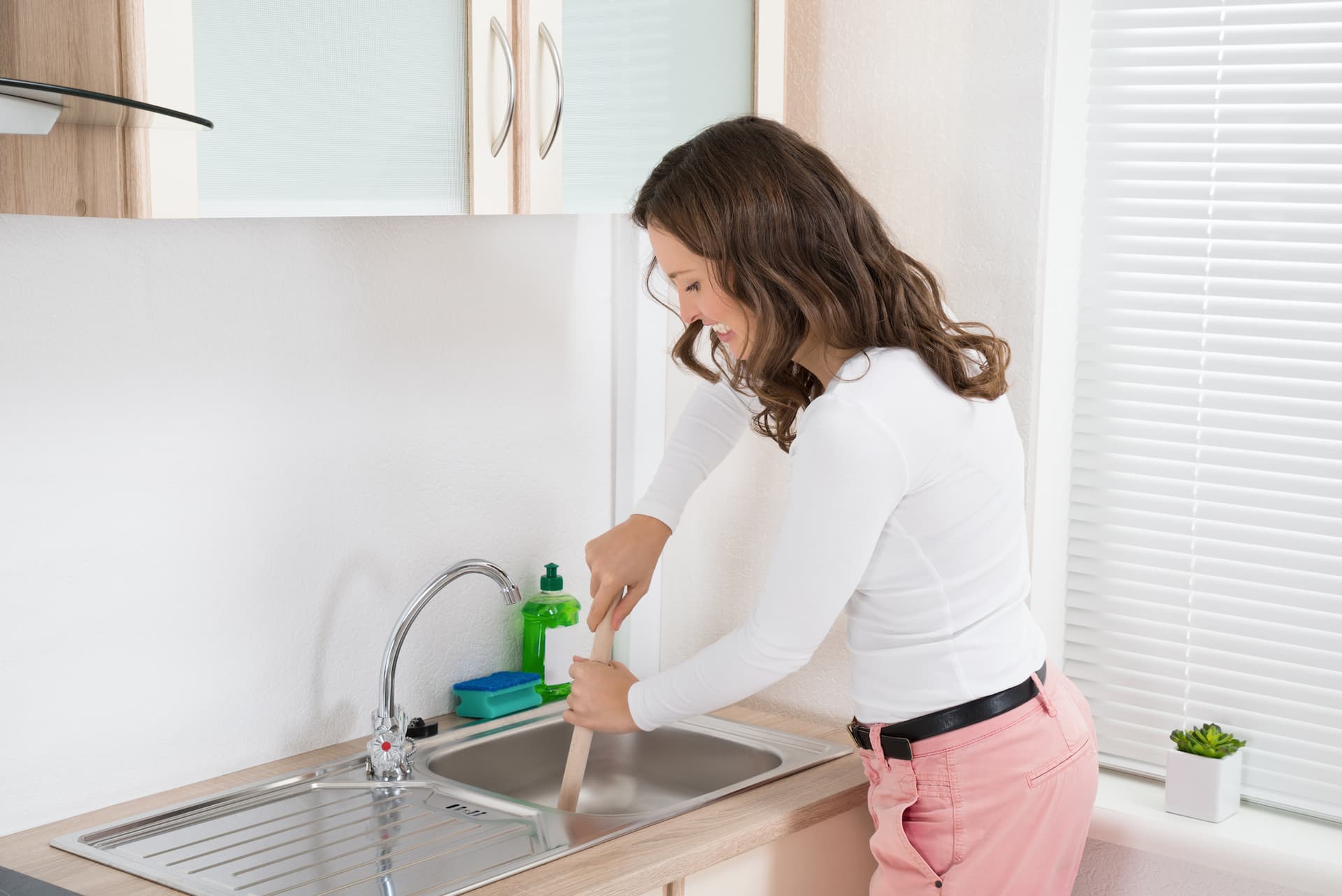

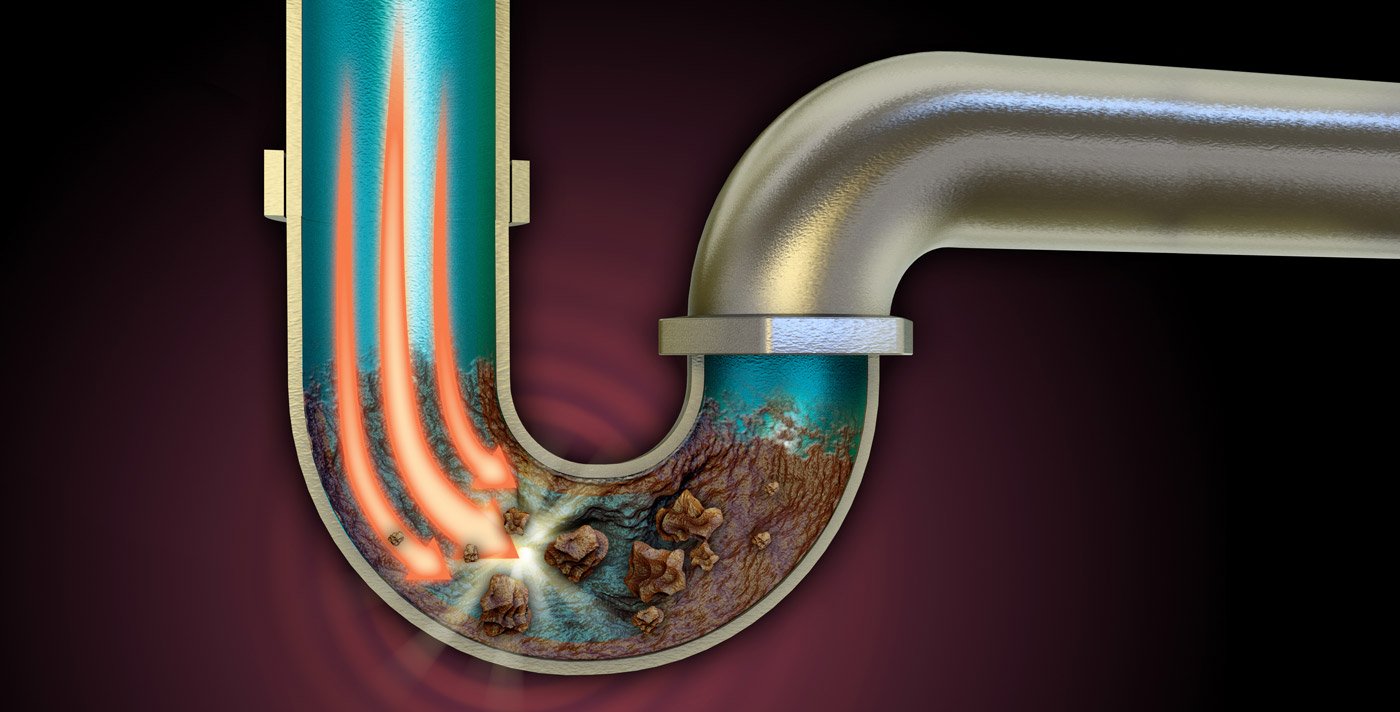



:max_bytes(150000):strip_icc()/Layerwhiteonwhite-fd4a1982518b4bcb85f576d6d44c216f.jpg)




